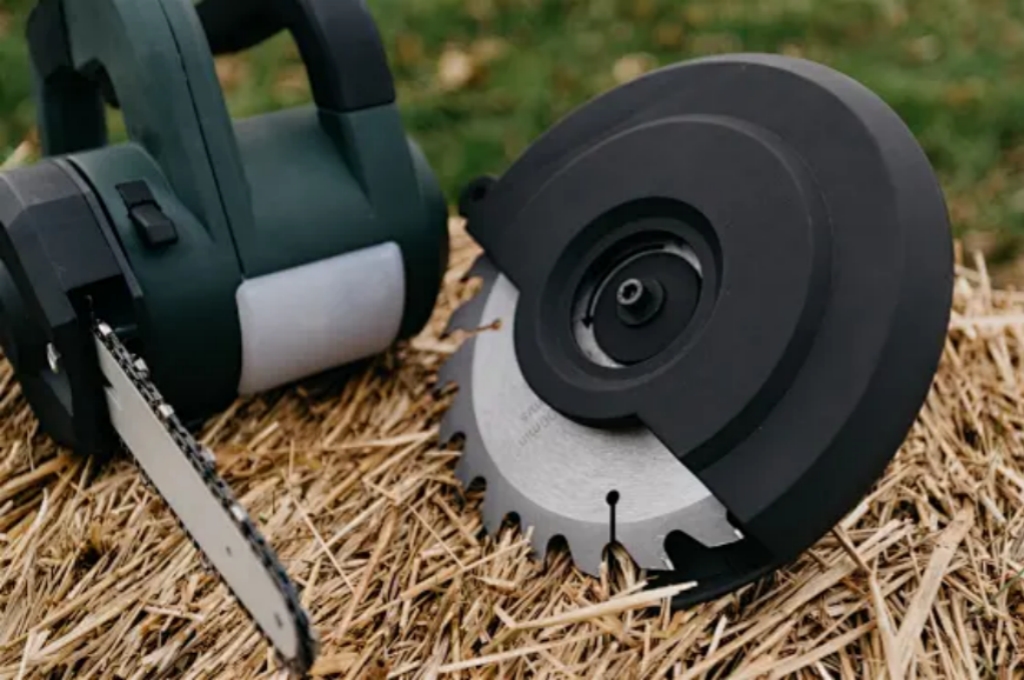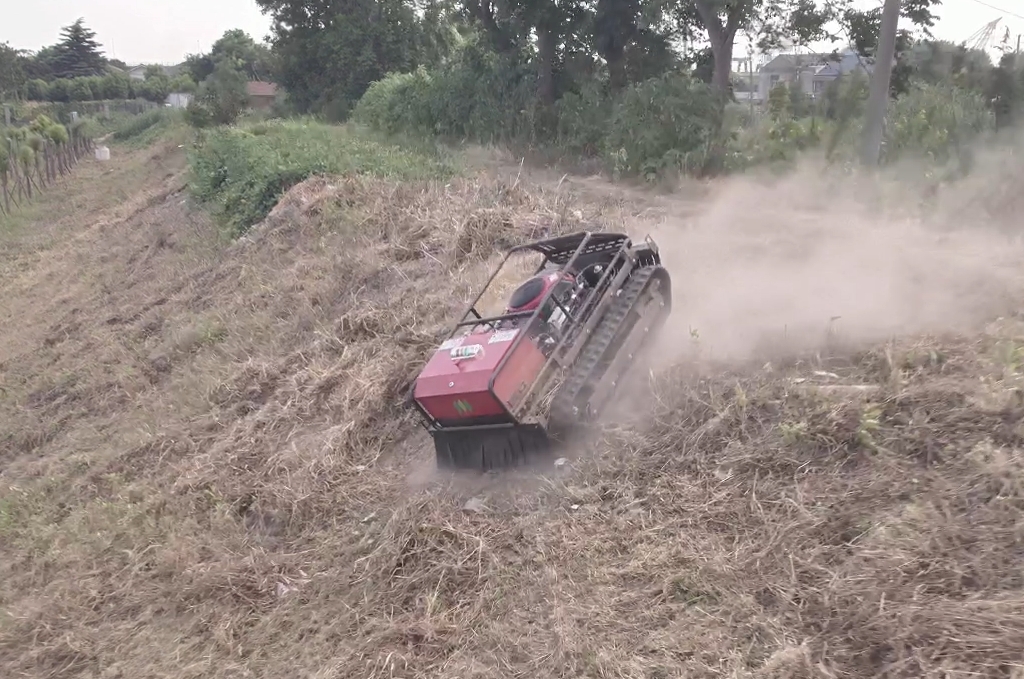Selecting the right commercial lawn mower for your business can feel overwhelming. With multiple types of mowers available, it’s essential to understand how each model works, what terrain it handles, and how it maximizes efficiency. Whether you’re managing solar farms, orchards, municipal green spaces, or hilly landscapes, choosing the correct mower ensures safety, productivity, and cost-effectiveness.
Types of Commercial Lawn Mowers
Commercial mowers come in various types, each engineered for specific tasks. Here’s a breakdown with a focus on the MC700 advantages.
Tractor Mower
Tractor mowers are classic ride-on machines, ideal for flat, expansive areas such as parks or sports fields. They can handle tall grass efficiently but are bulky, less suited for steep slopes, and require frequent fuel and maintenance. While reliable for open, flat terrain, they’re limited in hilly or complex landscapes.
Zero-Turn Mower
Zero-turn mowers are highly maneuverable, perfect for navigating tight spaces and landscaping beds. They offer fast, precise mowing for intricate commercial areas. However, on steep or uneven terrain, traction and operator safety can be a concern, making them less ideal for rugged sites or solar farm operations.
Walk-Behind Mower
Walk-behind mowers are suitable for small properties, narrow areas, or landscapes with many obstacles. Many models feature self-propulsion to reduce operator strain. While affordable and controllable, they require more labor and are less efficient for large-scale commercial operations.
Remote-Controlled Mower
Remote-controlled mowers, like the MC700, are designed for challenging and commercial-scale mowing. Operators control the machine from up to 200 meters away, making it perfect for:
-
Slopes up to 45°
-
Dense or overgrown vegetation
-
Solar farms and municipal landscapes
-
Hazardous or hard-to-reach areas
With a 23 HP gasoline engine, 70 cm cutting width, and adjustable cutting height (5–90 mm), the MC700 reduces labor costs, increases safety, and ensures professional-grade efficiency.
Autonomous Mower
Autonomous mowers use advanced navigation systems to operate independently within defined boundaries. Ideal for large, flat to gently sloped areas, they optimize labor efficiency and provide precise, repeatable results. They are perfect for businesses aiming to scale operations without increasing crew size.
Electric Mower
Electric mowers offer quiet operation, lower emissions, and environmental advantages. They’re best suited for smaller properties or noise-sensitive areas. While ideal for sustainable operations, battery life can limit performance on large commercial landscapes.
How to Choose the Right Commercial Mower
-
Terrain Considerations
For slopes, uneven surfaces, or solar panel arrays, remote-controlled mowers like the MC700 provide superior traction, safety, and performance. -
Property Size
Large, open areas may benefit from tractor or zero-turn mowers, while tight, intricate spaces may require walk-behind or stand-on solutions. -
Efficiency & ROI
High-end models like the MC700 reduce labor costs, minimize downtime, and provide faster project completion, offering significant long-term ROI. -
Maintenance & Durability
Rugged construction, easy-to-access blades, and predictive maintenance extend the mower’s lifespan and reduce operational headaches.
Why Choose the MC700 Remote-Control & Self-Propelled Mower
MC700 allows one operator to perform the work of multiple workers safely and efficiently. Its hybrid self-propelled design combines a robust gasoline engine, track-driven traction, and advanced remote-control operation. Perfect for solar farms, orchards, hilly terrain, and municipal maintenance, it offers:
-
High efficiency: Equivalent to 16 manual workers
-
Flexible cutting: 30–150 mm adjustable height
-
Superior safety: Remote control with emergency stop and anti-roll features
-
Easy maintenance and durability for continuous operation
Investing in the MC700 means scaling your business without scaling labor costs, tackling the toughest landscapes, and improving operational safety.


